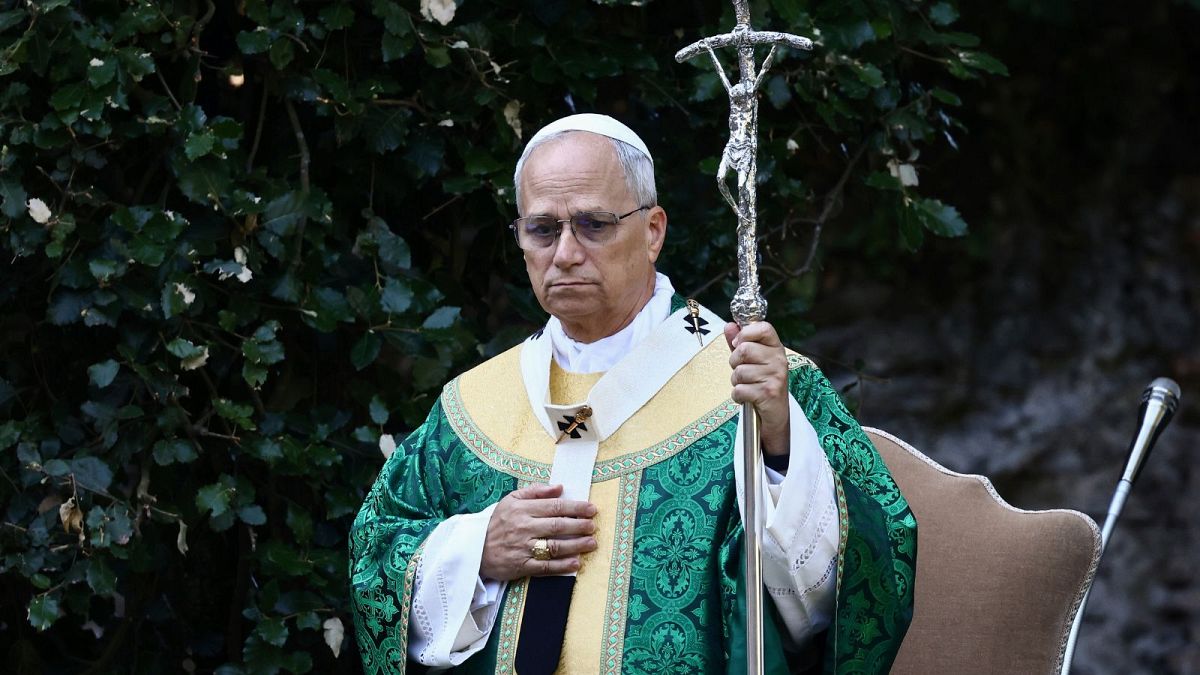

As the world faces a myriad of environmental challenges, recent events underscore the diverse ways in which different regions and communities are stepping up to foster change and resilience. From faith-based initiatives to agricultural transformation and emergency responses to natural disasters, these developments cast light on the concerted effort required to address climate and environmental issues globally.
In a remarkable blend of spirituality and environmental advocacy, Pope Leo recently held the very first “green Mass” in Vatican City—a symbolic event reflecting the Catholic Church’s renewed focus on ecological justice. This initiative marks a significant step towards addressing climate injustice, highlighting the moral imperative to combat greed, which Pope Leo identifies as a core element fueling ecological degradation. In a visionary move, the Vatican has set out plans to construct a solar farm, intending to make Vatican City the world’s first carbon-neutral state. This pursuit of sustainability at the heart of the Catholic Church sets a precedent that may inspire faith-based and secular institutions worldwide to follow suit.
Meanwhile, across Europe, agricultural practices are under scrutiny as they test the continent’s commitment to green goals. In the Netherlands, the excessive emission of nitrogen from large-scale farming operations serves as a poignant example of the balance that must be struck between food production and environmental stewardship. The tension between maintaining robust agricultural output and protecting delicate ecosystems remains a significant hurdle for the European Union in achieving its environmental targets. As policymakers and farming communities grapple with these challenges, innovative solutions and cooperative approaches are likely essential for crafting a sustainable model that harmonizes agricultural productivity with ecological preservation.
Nature’s unpredictable forces have made their presence felt with wildfires near Marseille, highlighting the profound impact of climate change on extreme weather events. The blazes, exacerbated by strong winds, have proved relentless, leading to significant injuries and displacing numerous residents. Despite the daunting circumstances, the rapid response from emergency services and local authorities demonstrates the resilience and preparedness of communities in the face of adversity. While the flames have been contained, the situation remains dynamic, underscoring the importance of ongoing vigilance and the readiness of regional infrastructure to mitigate the risks associated with such natural calamities.
Adding another layer to the emerging climate narrative is a recent study revealing the grim impact of heatwaves exacerbated by climate change. The analysis indicates that the latest European heatwave has tripled the loss of life compared to past events, characterizing it as a ‘silent killer.’ The findings highlight the urgent need for adaptive measures that safeguard vulnerable populations during periods of extreme heat. Public health policies and community-based initiatives aimed at reducing heat exposure and enhancing social support systems are critical in cushioning the effects of rising temperatures.
Together, these stories capture a snapshot of the complex landscape of environmental and climate-related challenges that the world faces today. They illustrate the varying scales and contexts in which these issues manifest, from the halls of religious institutions to rural farmlands, and the cityscapes blighted by natural disasters. While each situation presents unique challenges, the underlying thread is a call to collective action and innovative thinking to nurture a sustainable future. As communities integrate these lessons into actionable outcomes, they pave the way for a future where humanity thrives in harmony with the natural world.
Source: {link}
